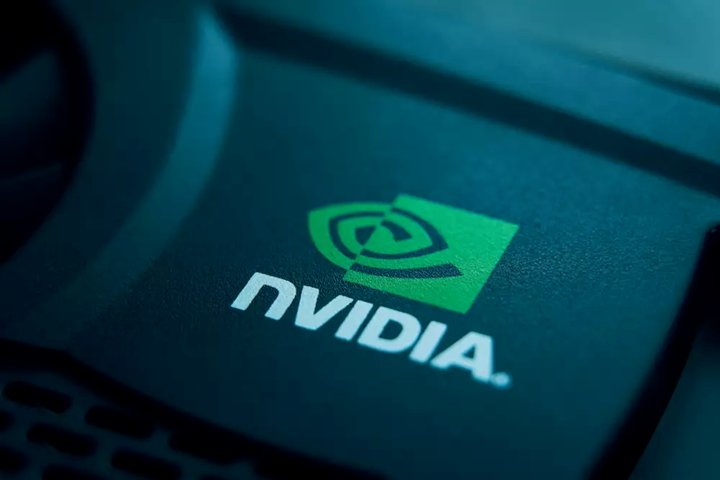Follow in the footsteps of OpenAI! Nvidia is caught in an artificial intelligence infringement dispute.
On March 11, it was reported that chip giant Nvidia was facing a lawsuit from the original creators, who claimed that Nvidia used their copyrighted works to train its artificial intelligence platform NeMo without their permission.。
On March 11, it was reported that chip giant Nvidia was facing a lawsuit from the original creators, who claimed that Nvidia used their copyrighted works to train its artificial intelligence platform NeMo without their permission.。
Brian Keene, Abdi Nazemian and Stewart O'Nan said their work was included in a dataset of 196,640 books used to train NeMo to simulate ordinary written language, but was removed in October last year after being reported for copyright infringement.。
Last Friday night, the authors filed a class-action lawsuit against Nvidia in San Francisco federal court, saying the deletion of the dataset meant that Nvidia "admitted" that it trained NeMo on the dataset, thus constituting an infringement of their copyright.。The authors have asked Nvidia to pay compensation for this, but the exact amount is unknown。
It is understood that the works involved in the lawsuit include Keane's 2008 novel "Ghost Walk," Nazimian's 2019 novel "Like a Love Story," and Eunan's 2007 novella "Last Night at the Lobster."。

Nvidia is not the first company to get caught up in a big model royalty battle。
Three months ago, The New York Times, a prominent news organization, announced that it was suing OpenAI and its biggest backer, Microsoft.。The New York Times claims that the defendants used copyrighted articles as training material for large models behind AI chatbots such as ChatGPT without permission。The New York Times requires OpenAI to destroy any systems trained with its work。
In response to the lawsuit, OpenAI said: "Because copyright today covers virtually all forms of human expression - including blog posts, photos, forum posts, snippets of software code, and government documents - it is impossible to train today's leading AI models without using copyrighted material."。"
In AI infringement cases, both the defendant and the plaintiff have considerable supporters。
AI proponents argue that a ruling against an AI company in such a copyright lawsuit would be disastrous for the industry.。Moreover, the corpus used to train AI models is so large that if each is copyrighted, the cost of training AI will be too high for companies to afford.。
In response, the Writers Guild of America has stated: "Licensing copyrighted material to train LLMs can be expensive, but in fact, a significant portion of the value of any LLM should be attributed to the professionally created material."。"
At present, there are many cases of artificial intelligence infringement in progress。In an infringement case last year involving Llama, a large model owned by Meta, U.S. District Judge Vince Chhabria said at a hearing last November that he would grant Meta's motion to dismiss the creator's allegations that the text generated by Llama infringes his copyright.。The outcome of the case is bound to become the reference object of judges in other AI cases, but this does not mean that the judge's determination of AI infringement will not occur.。
At present, Nvidia, OpenAI and other related artificial intelligence infringement cases are still under trial, the direction of the case will be worthy of our attention.。
·Original
Disclaimer: The views in this article are from the original Creator and do not represent the views or position of Hawk Insight. The content of the article is for reference, communication and learning only, and does not constitute investment advice. If it involves copyright issues, please contact us for deletion.